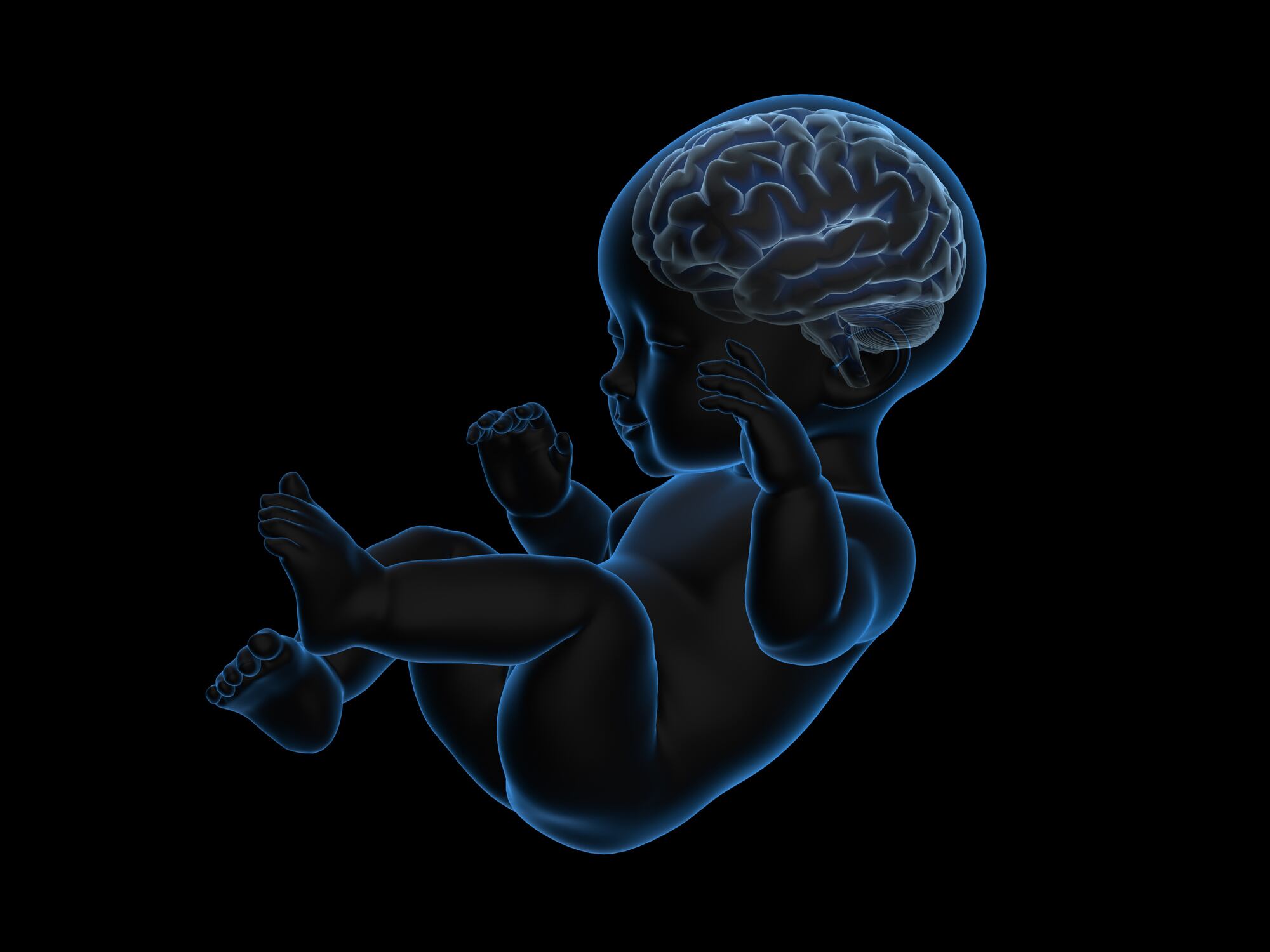The findings, published in the journal Nutrients, associated fish oil supplementation with an increase in the expression of genes involved in regulating synaptic transmission—the way nerves communicate with one another—as well as plasticity, the ability of cells to change their phenotype in response to external signals.
“Our results highlight the protective role of maternal dietary n-3 PUFAs in counteracting the effects induced by HFD on the acquisition of neurological reflexes and neuronal morphology in the cerebral cortex of the offspring of both sexes,” wrote researchers at the University of Chile and other institutions in Chile.
Dietary influences on the developing brain
The study referenced previous evidence suggesting that a maternal high-fat diet is associated with abnormal neurological development in the offspring, with animal trials indicating that males are affected more so than females.
Maternal exposure to an high-fat diet may have “adverse effects on the brain volume and the processes of neurogenesis, synaptogenesis, migration, axonal myelination and maturation of neuronal cells in the hippocampus, dentate gyrus and amygdala in the offspring,” the researchers wrote.
However, they noted that few studies have evaluated the effect of a high-fat diet on the cerebral cortex and higher cortical network essential to normal development.
The brain mainly comprises lipids, with omega-3 and omega-6 fatty acids playing central roles in brain development. Omega-3 may increase neuronal fluidity and modulate plasticity. Additionally, the researchers indicated that it may show protective effects against maternal insulin resistance and resulting inflammation arising from a high-fat diet.
They noted that the findings “may have implications regarding interventions to prevent the deleterious effects of maternal unhealthy dietary patterns on important targets such as the brain cortex and possibly on other brain structures, which need further investigation.”
Study details
Male and female rats were fed a high-fat diet (HFD) or a control diet (CD) for six weeks. After mating and pregnancy in the fifth week, the HFD group was divided into two groups to either continue with the same diet or consume a HFD enriched with 11% fish oil (FO). Researchers evaluated neurodevelopmental reflexes in the offspring, euthanized rats and analyzed their brains.
The findings revealed that fish oil supplementation diminished the detrimental effects of the HFD in the cerebral cortex in both sexes and “reversed the HFD effects on the motor and auditory reflexes in female and male offspring, respectively”.
“In males, FO up-regulated Bdnf transcript levels in the motor cortex compared with CD and HFD,” the researchers wrote, adding that in females, “n-3 PUFAs were higher in HFD and HFD-FO than in CD in the auditory cortex”.
They recommended further studies to establish the relevance of these findings and assess the long-term impact on cognition.
Source: Nutrients 2025, 17(10), 1741. https://doi.org/10.3390/nu17101741 “Fish Oil Supplementation Attenuates Offspring’s Neurodevelopmental Changes Induced by a Maternal High-Fat Diet in a Rat Model”. Authors: Y. Munoz et al.

